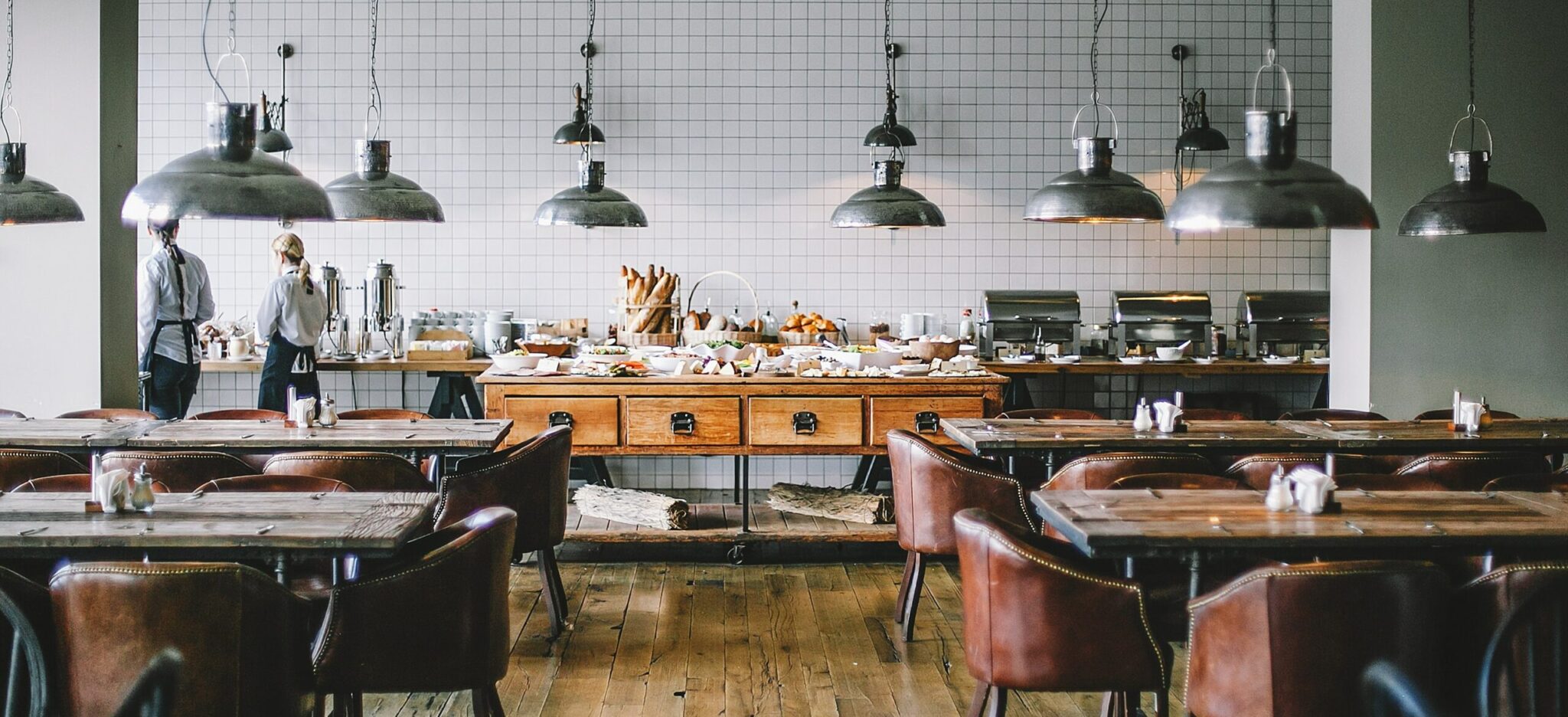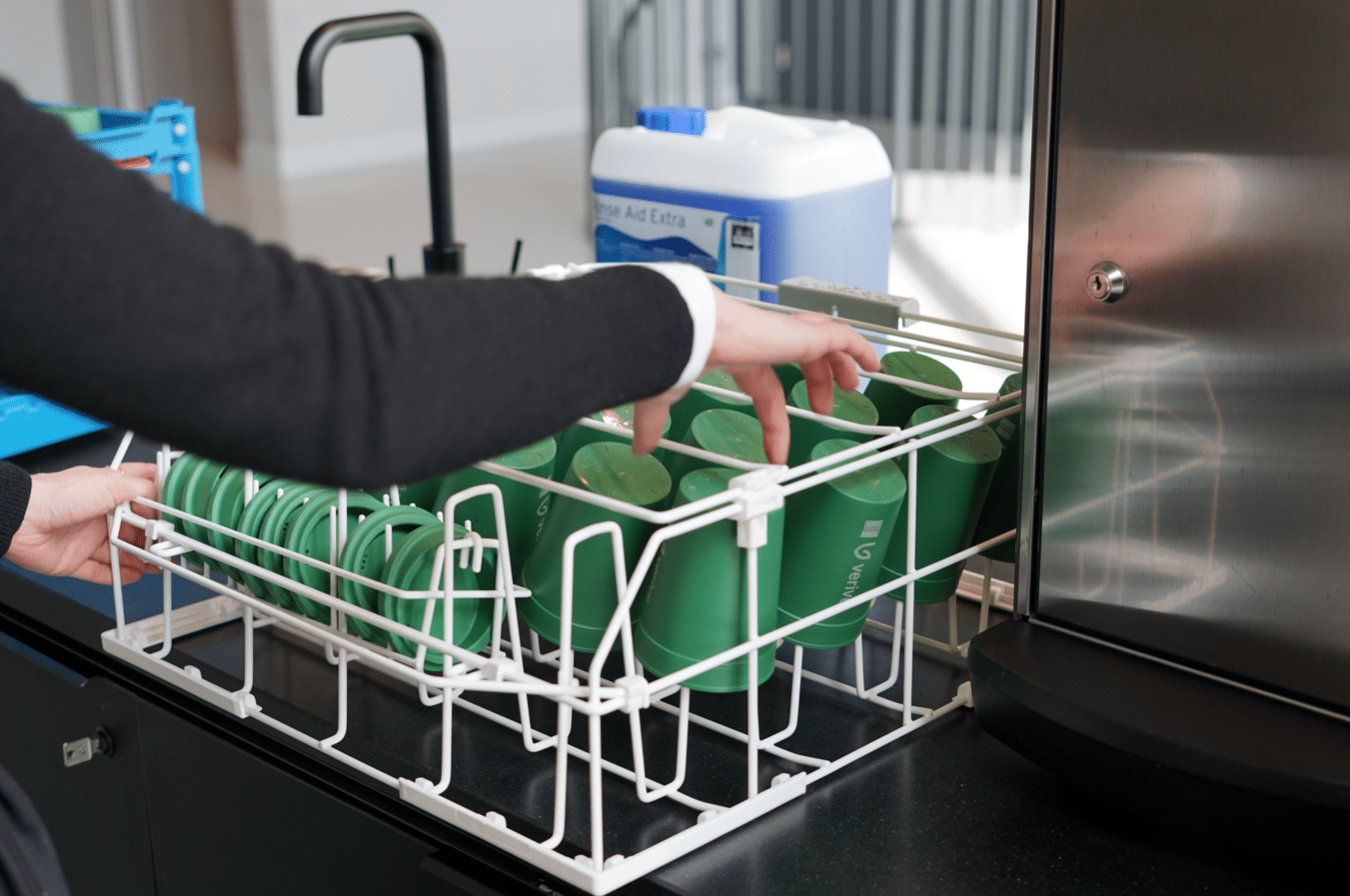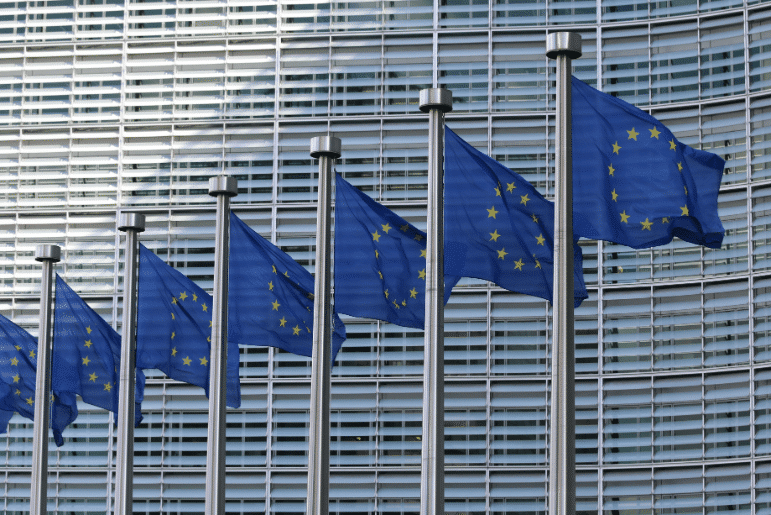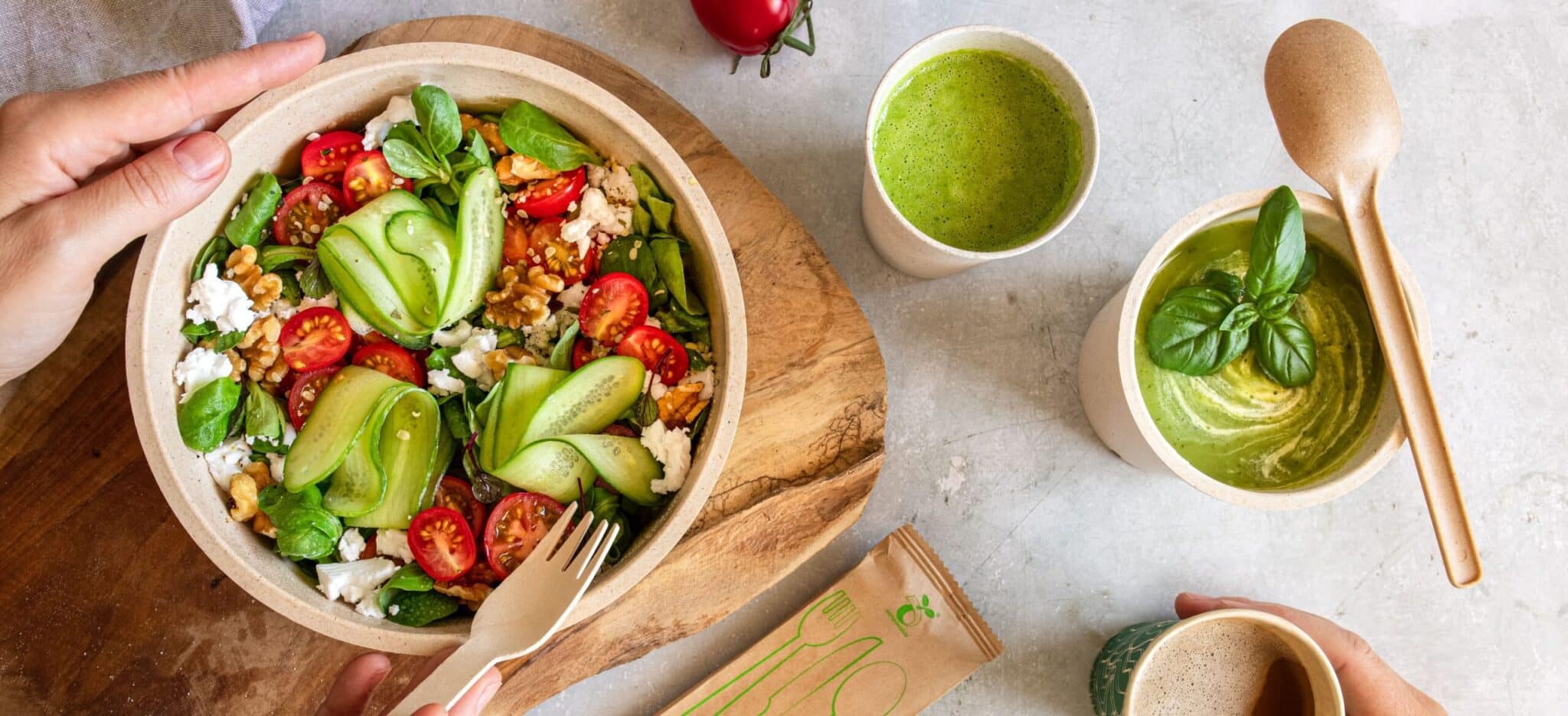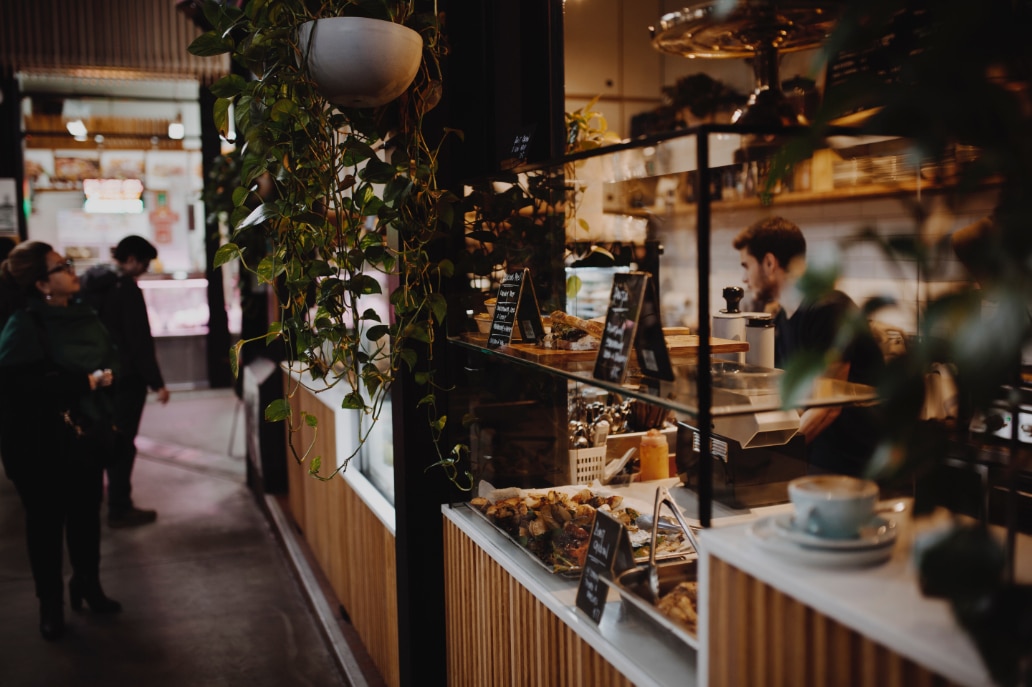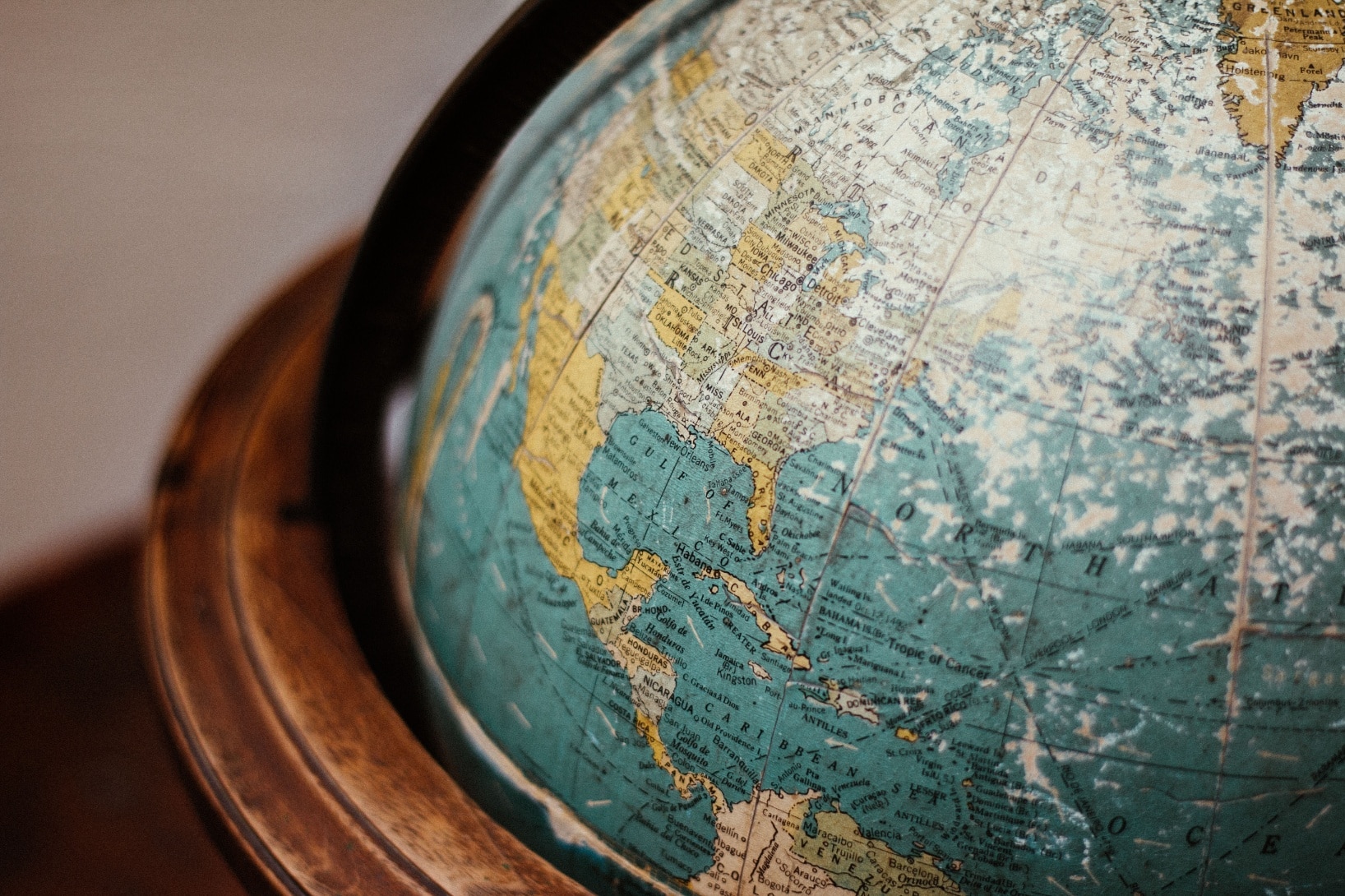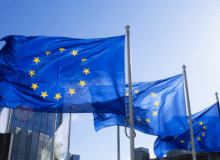About this article
In July the Dutch government tightened existing legislation to ban use of PFAS in food packaging. But which food packaging contains PFAS and how does this impact your foodservice business?
What are PFAS?
PFAS, or (per/poly)fluoroalkyl substances, are a group of over 6000 chemicals like PFOAs used in many everyday consumer products, including clothing, cosmetics, non-stick kitchenware, and most relevantly, food packaging. Because of their moisture and grease-repellent qualities, PFAS are widely used products that make contact with food.
However, because PFAS degrade, they can end up in the food we eat. However, as the Dutch National Institute for Public Health and the Environment (RIVM) research concludes, “there is not enough information about these PFAS to make reliable exposure estimations and risk assessments.” More on the RIVM’s research into PFAS and food contact materials can be found here.
4 PFAS banned in NL per July 2022
We’ve been doing our homework, and can share some key points from the recent Dutch legislation on PFAS.
Since 2020 the Netherlands and several other European countries have been working on a EU-wide ban on PFAS. However, what’s detailed below is a tightening of earlier Dutch national legislation (not EU legislation) and includes the following points:
-
The Dutch Ministry of Health, Wealth, and Sport saw grounds for a total ban on 4 types of PFAS used in food packaging and announced this late in April 2022.
-
As of July 1st 2022 PFOA, PFOS, PFNA, and PFHxS (all types of PFAS) were all banned without a transition phase. Note that this concerns a ban for packaging and consumer articles that are currently not traded on the Dutch market.
-
For other PFAS, there is a transition period until January 1st 2023 in order to prevent existing stock and orders going to waste.
Keep an eye on this legislative space as similar bans exist or plan to be formally announced in Germany, Sweden, Denmark and Norway, with other European countries likely to follow-suit.
How does the new PFAS legislation impact your food service business?
As PFAS is used to make paper and fibre-based food packaging, it’s important to ensure you source from suppliers who avoid these chemicals and adhere to all safety regulations currently in place.
Now’s the time to start a conversation with your suppliers to ensure their products are PFAS-free. With the transition window closing and more legislation expected, remain vigilant and be ready to try out alternative materials.
Takeaways from PFOA rules
Although the negative health and environmental effects of PFAS are currently still being researched, one study shows that traces of PFOA, or perfluorooctanoic acid, are found in the blood of 90% of Americans.
Although levels found in the general population are not believed to pose a high risk, PFOA has been connected with several health issues including cancer, cardiovascular, endocrinal, immune, reproductive, and developmental defects.
That’s why the EU set acceptable limits for this particular PFAS set so low it effectively banned PFOA in food packaging. The same connections have not yet been made with PFAS, but recent legislation across Europe is erring on the side of caution.
Verive’s products and PFAS
Earlier this year, we promised to work closely with our suppliers to ensure our products are PFAS-free to all extents possible and use all certifications available to us. All our products comply with the most recent legislation and have gone through all available testing to ensure they do not contain these chemicals and are food safe.

However, for us, transparency is crucial. That’s why we’re committed to telling you the whole story. Because the percentage of PFAS content is often very low, there can be difficulty in undertaking sufficient testing and finding the right certifications to prove, without any lingering doubt, however slight, that our products are 100% PFAS-free. Unfortunately, for the time being, the testing simply isn’t good enough.
At Verive, we work closely with suppliers around the world to ensure they meet stringent internationally recognised environmental and quality standards. For this purpose, we have an in-house assurance and quality control team based in Shanghai who perform audits of our direct suppliers across Asia. PFOA is not used in the production of any of our packaging, and we’re pursuing all avenues to make the same guarantees against all remaining PFAS.
We’re happy to help
Some critical dates regarding PFAS and SUP legislation in The Netherlands have already passed, and the others will be here before you know it. Now is the time to start preparing for a new landscape in the food packaging industry.
If you would like to know more about this subject and how Verive is handling issues related to PFAS, get in touch with our sustainability experts. We’re always happy to answer your questions.
